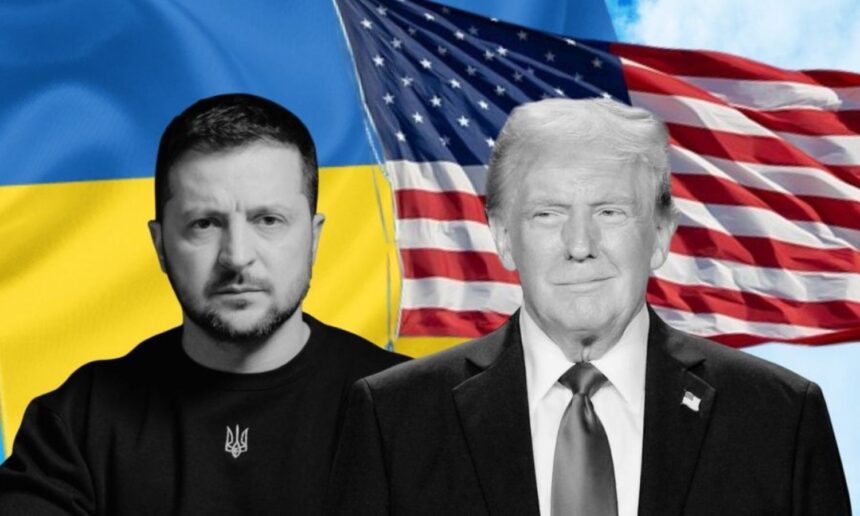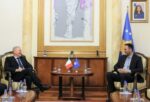U.S. President Donald Trump has confirmed that he will host Ukrainian President Volodymyr Zelensky in Washington on Friday amid negotiations for a deal granting the United States access to Ukraine’s rare mineral resources.
“President Zelensky will come on Friday, this is now confirmed,” Trump said on Wednesday during his first cabinet meeting, calling the agreement “a very big deal.”
Trump has long complained that the U.S. has spent too much taxpayer money supporting Ukraine in its war with Russia, which began three years ago when the Kremlin launched its full-scale invasion.
Key Aspects of the Deal
- No Security Guarantees: The agreement supports Ukraine’s efforts to secure security guarantees but does not provide them.
- Resource Development: Ukraine and the U.S. will jointly develop Ukraine’s natural resources, including minerals, oil, and gas.
- Reconstruction Fund: A joint fund will receive 50% of revenues from Ukraine’s state-owned resources.
- Reinvestment: The fund’s profits will be reinvested annually in Ukraine’s economic recovery.
- Unclear Ownership Structure: Governance and ownership details will be negotiated later.
Zelensky confirmed on Wednesday that a framework for an economic agreement had been reached, though it does not yet include U.S. security guarantees, which Kyiv considers crucial.
“Ukraine must first know where the U.S. stands regarding its continued military support,” Zelensky said, adding that he expected a comprehensive discussion with Trump.
The agreement, obtained by Radio Free Europe/Radio Liberty, does not address several key issues and leaves many details to be finalized in future negotiations.
Although the deal states that Washington has provided substantial financial and material support to Ukraine since Russia’s full-scale invasion, it does not mention the previous U.S. request for control over $500 billion in potential revenues from Ukraine’s mineral resources—a demand Zelensky had repeatedly rejected.
Unresolved Issues
The agreement outlines that further negotiations will determine governance and operational aspects of the joint investment fund. One of the main uncertainties is how ownership of the fund will be divided, indicating that it may not be a straightforward 50-50 split.
The deal states that neither party can sell, transfer, or dispose of any part of the fund without the other’s approval, meaning that neither side can unilaterally withdraw.
The agreement must still be approved by Ukraine’s parliament, the Verkhovna Rada, but does not mention whether it requires U.S. congressional approval.
Ukrainian lawmaker Bohdan Kytsak from Zelensky’s ruling party, Servant of the People, told RFE/RL that the agreement could benefit Ukraine’s economy.
“This requires a large number of experts, scientific research, and the emergence of new technologies,” he said, adding that U.S. investment could create a “new economy.”
Former Zelensky economic adviser Oleh Ustenko told RFE/RL that the deal carries more symbolic significance than financial or economic weight.
For Trump, the agreement represents a political victory, as he has pushed hard for a new U.S.-Ukraine deal.
For Zelensky, however, the battle over the deal’s details is just beginning. For now, the agreement may help ease tensions after Trump previously referred to Zelensky as a “dictator.”







